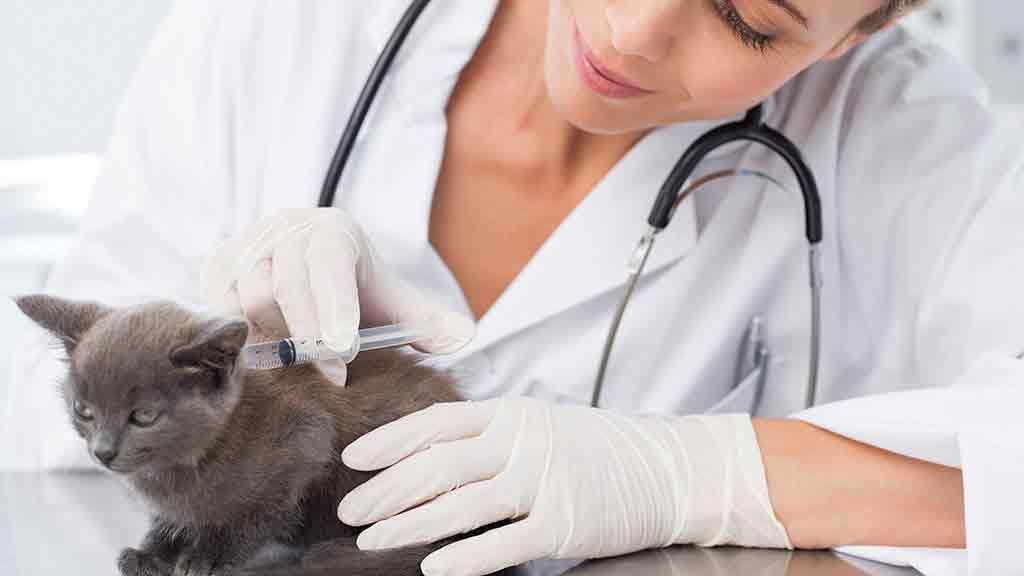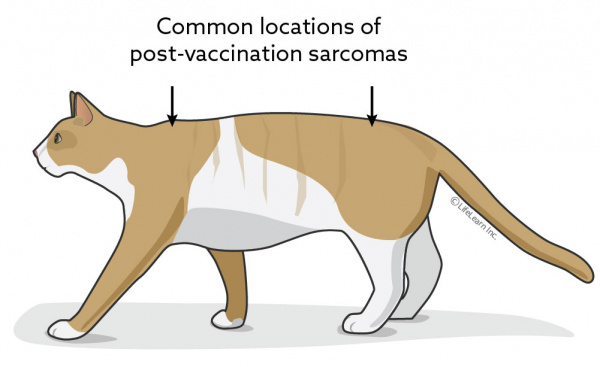cat vaccination side effects australia
Uncommon side effects of vaccination can include. Core vaccines are those that all unvaccinated cats and cats with an unknown vaccination history should receive to protect them against key diseases including enteritis feline panleukopaenia a parvovirus and cat flu feline calicivirus and feline herpesvirus.

Leptospirosis Alert Sydney Animal Hospitals
To the fact that vaccines cause the range of.
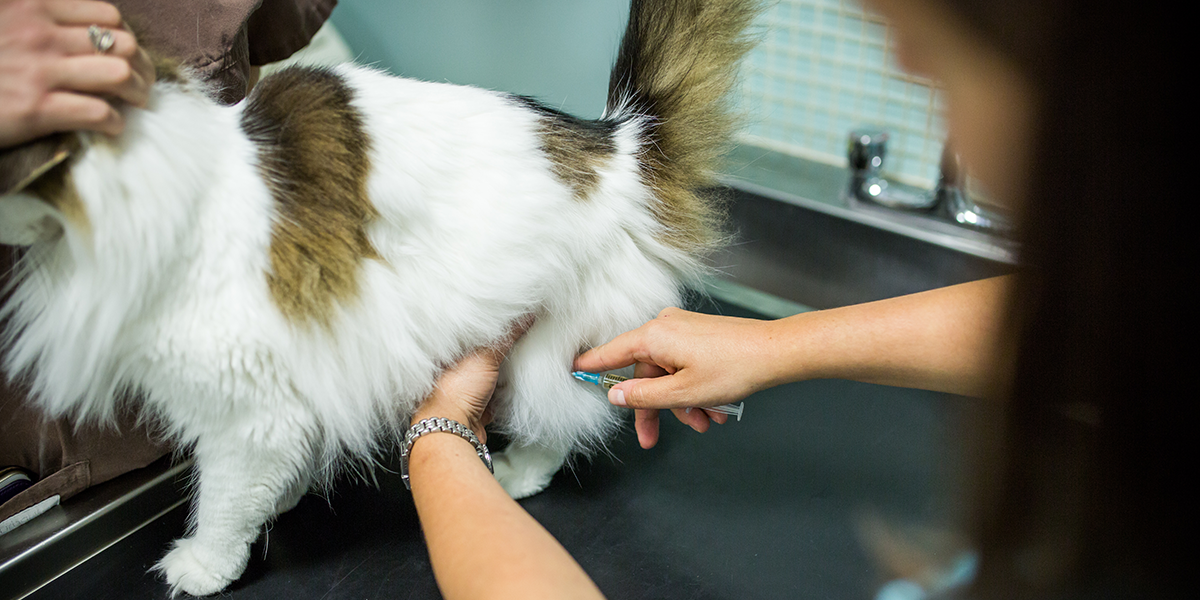
. The kitten vaccination schedule in Australia is. Once again we suggest giving your cat a. The vaccinations involved injections into your catrades hind legs.
This article will address causes for vaccine failures side effects and adverse reactions. In fact in some cases the reactions or side effects can be worse than the disease they are being used to prevent. 2nd shot 10-12 weeks.
In fact side effects of rabies vaccines in cats are very rare. When they do happen they include slight fever lethargy decreased appetite and a localized swelling at the vaccine site. All medicines have potential side-effects but in the case of vaccines these are rare and the benefits of vaccination in protecting against disease far outweigh the potential for an adverse reaction.
Then they must be boostered a year later. Pustular rash 25 lesions usually at injection site occasionally elsewhere Managing injection site discomfort Many vaccine injections can cause soreness redness itching swelling or burning at the injection site for 12 days. These rabies vaccine side effects usually disappear within a few days.
A Deadly Virus Is on the Rise for Australias Cats. Seems to be caused by a lack of mass vaccination. Temporary limping in cats sarcomas in cats Sarcomas may be one of the worst side effects of vaccination however these tumours are mainly linked to a type of vaccine not routinely given in Australia.
Lethargy or anorexia in cats as a vaccination side-effect usually appears as a consequence of fever. Adult cats should be revaccinated periodically to boost their defense against threatening diseases. Thanks to the booster vaccination cats will maintain and even improve.
Cats can begin their rabies vaccination treatment at 12 weeks old. Kittens should start getting vaccinations when they are 6 to 8 weeks old until they are about 16 weeks old. In addition vaccines can cause allergic reactions.
The use or overuse of vaccines is being carefully evaluated by veterinary researchers and clinicians the world over. Lack of appetite Increase in body temperature Lethargy Skin irritation andor bruising around the injection area Allergic reaction to the vaccine causing vomiting diarrhoea and shortness of breath. The injections may have involved some meowches but otherwise.
However some cats will seem sleepy or irritable or lose interest in food for. Some animals may show transient post-vaccination reactions including pain malaise lethargy inappetence transient fever depression andor stiffness. You may notice your cat has a temporary loss of appetite or is less lively a day or two after a vaccination but this should resolve within 24-48 hours.
By making sure that your cat has an opportunity to recover you can also ensure they do not suffer from any side effects. Some of the most common mild side effects seen after immunization include. 526 days after vaccination.
In addition vaccines can cause allergic reactions. Nasal discharge sneezing coughing or other respiratory symptoms which may occur up to 2 to 4 days after an intranasal vaccine vaccination with drops or sprays. Adult cats need shots less often usually every year or every 3 years depending on how long a vaccine is designed to last.
The shots come in a series every 3 to 4 weeks. The vaccines effect on your cats immune system will diminish with time. Because reports and rumors of side effects have become so widespread pet owners increasingly are asking their vets about whether or not to vaccinate.
For indoor-only cats the recommendation is to administer the vaccine every three years. Cat owners often have concerns about the cat rabies vaccine having side effects. Here are some side effects your cat or kitten can experience after receiving their vaccinations.
The most common side effects are mild and include lethargy inappetence or tenderness at the injection site usually lasting no longer than a few days. Though it is uncommon your kitten may experience slight side effects that appear very soon after the vaccination. Which shots they need.
This vaccination combination is commonly known as the F3 vaccination. These include lethargy and loss of appetite or much less commonly allergic reactions such as skin irritation vomiting and diarrhoea. With core vaccines for cats serious side effects are rarely seen.
Low-severity side effects such as fatigue swelling of lymph nodes nausea headache joint and muscle pain diarrhea fever vomiting and chills are more common following a COVID-19 booster. Currently the recommendation for indooroutdoor cats is to administer the FVRCP vaccine annually. As with any medical intervention there are always some inherent risks associated with vaccinating cats.
Redness mild swelling and tenderness at the vaccination site. Cats need a couple of days after being vaccinated to rest and recover comfortably. Cats heading into stressful situations such as boarding may benefit from a core vaccine booster 7-10 days before.
These reactions usually disappear within 24-48 hours. Fortunately reactions to vaccines are very uncommon in cats. Vaccinations in kittens should commence between 6 8 weeks of age.
1st shot 6-8 weeks. More marked side effects may include vomiting diarrhoea lameness fever signs of respiratory tract infection or lumps at the site of injection. Core vaccines - F3 FVR feline viral rhinotracheitis FCV feline calicivirus and FPV panleukopenia.
One type of cancer in cats for example is known to be caused by vaccinations. If you havent already you can schedule your cat for all their routine vaccinations and other preventative care at Silver Springs Clinic. Decreased activity levels fatigue Loss of appetite.
3rd shot 14-16 weeks. Cat Reaction to Rabies Vaccine. Vaccinations save lives and are an important tool in keeping our pets healthy.
Very few cats may be allergic to one or more components of the vaccine and have more serious side effects such as difficulty in breathing vomiting or diarrhea. Mild reactions including a slight fever lethargy decreased appetite and localized swelling at the vaccination site may start within hours after vaccination and usually subside within a few days.
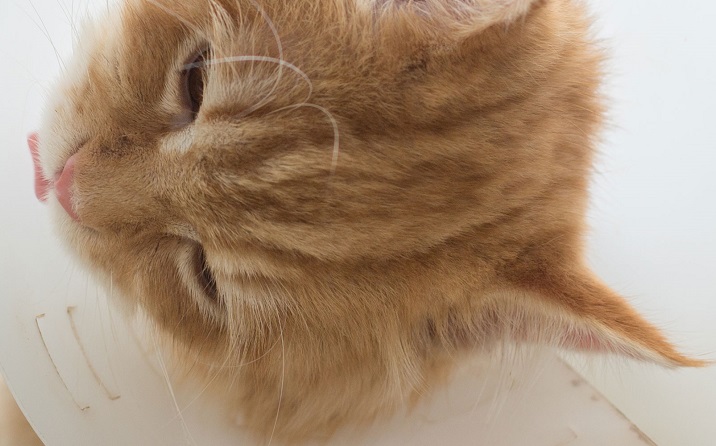
Kitten Vaccinations Greencross Vets
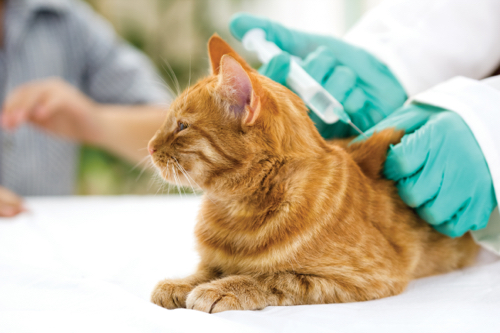
Cat And Kitten Vaccination Schedule Cat Vaccination Costs
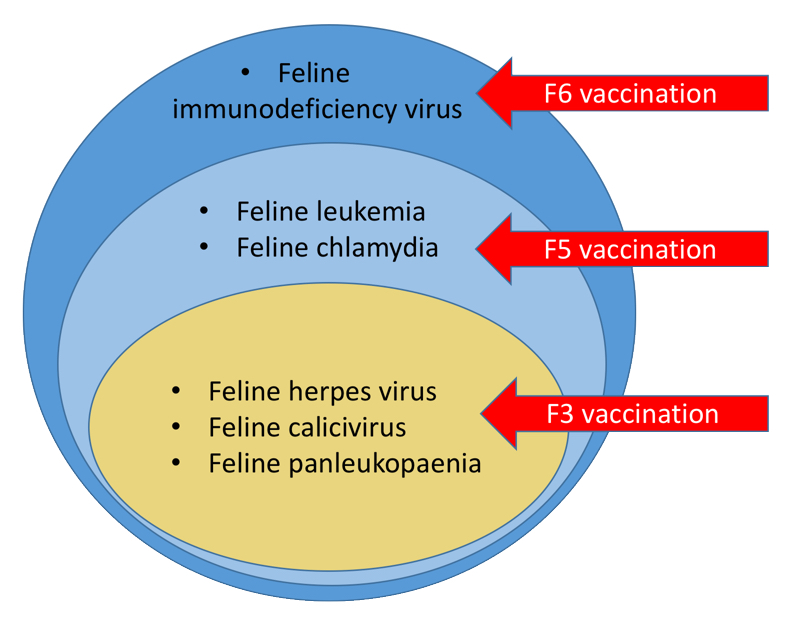
Cat And Kitten Vaccination Schedule Cat Vaccination Costs

Vaccinating Your Cat International Cat Care
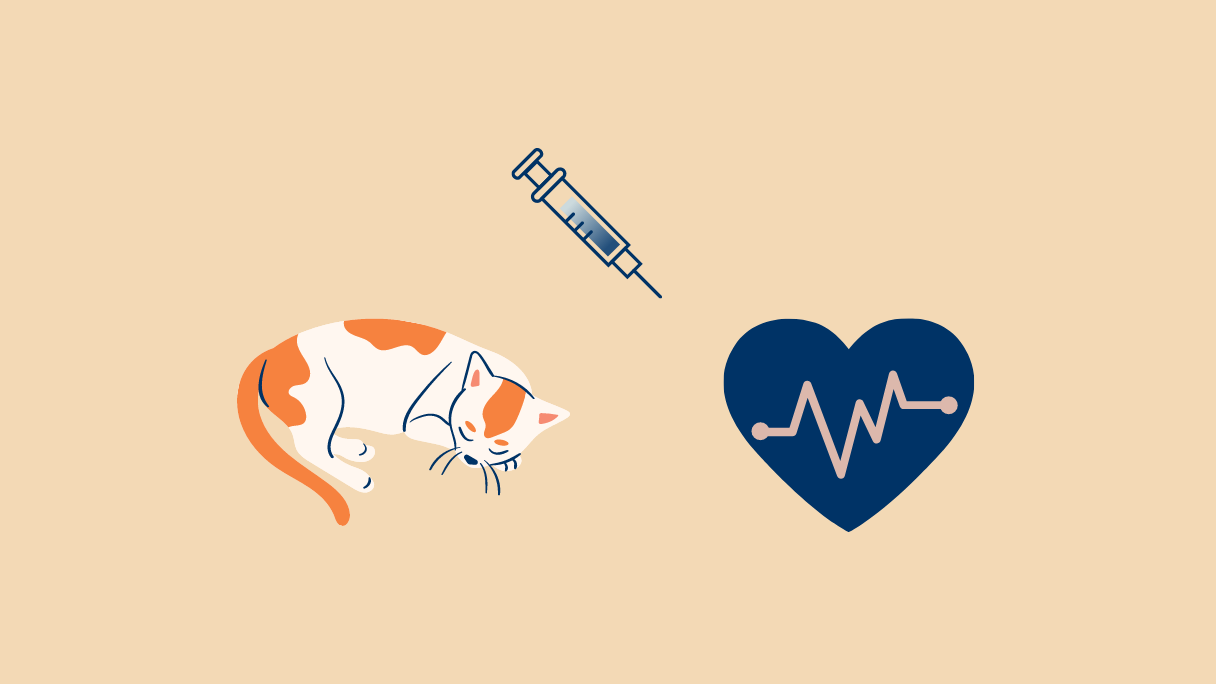
Cat Vaccination 10 Things You Should Know Boehringer Ingelheim
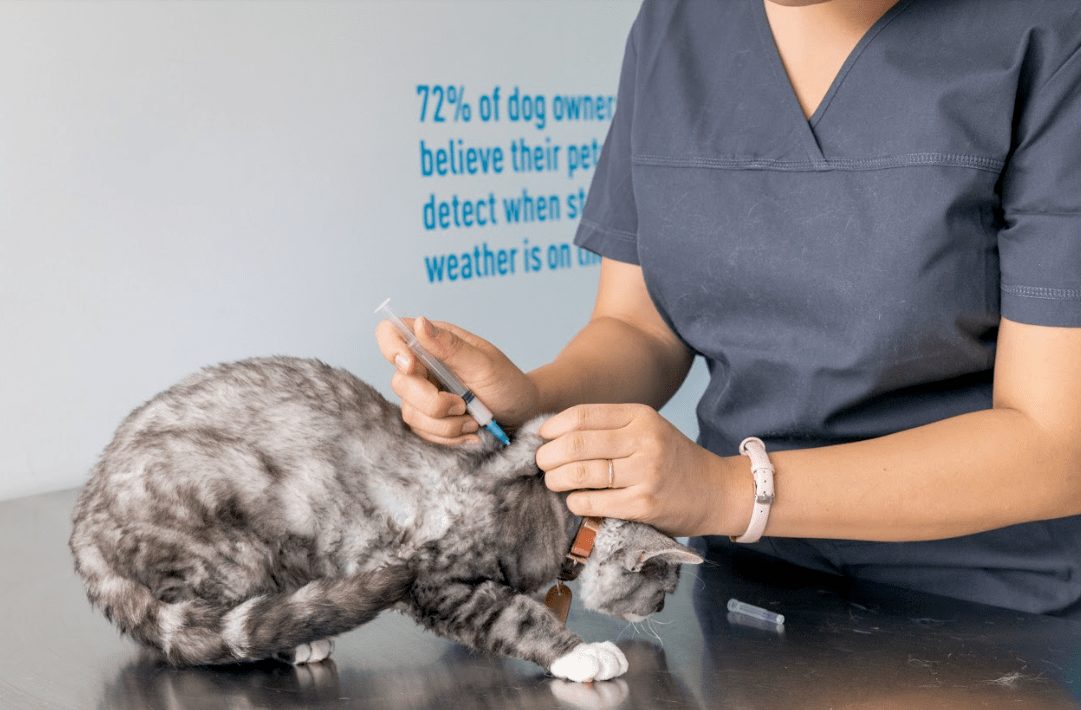
Cat Vaccination My Vet Animal Hospital

Cat And Kitten Vaccinations F3 Vaccinations Ascot Veterinary Hospital

Fvrcp Vaccine For Cats Great Pet Care
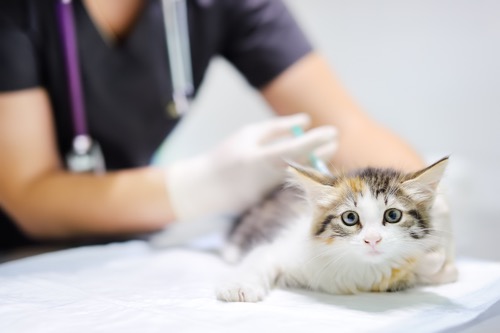
Cat And Kitten Vaccination Schedule Cat Vaccination Costs
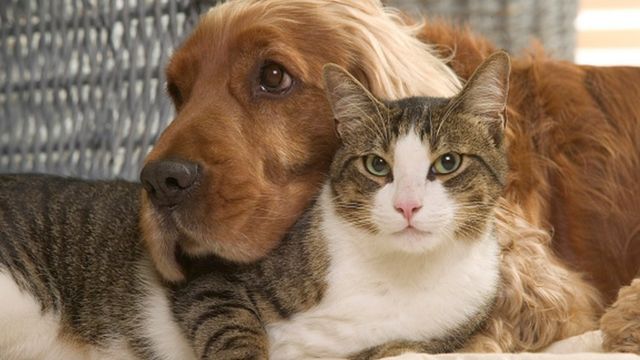
Covid Will Your Pet Need A Coronavirus Vaccine Bbc News
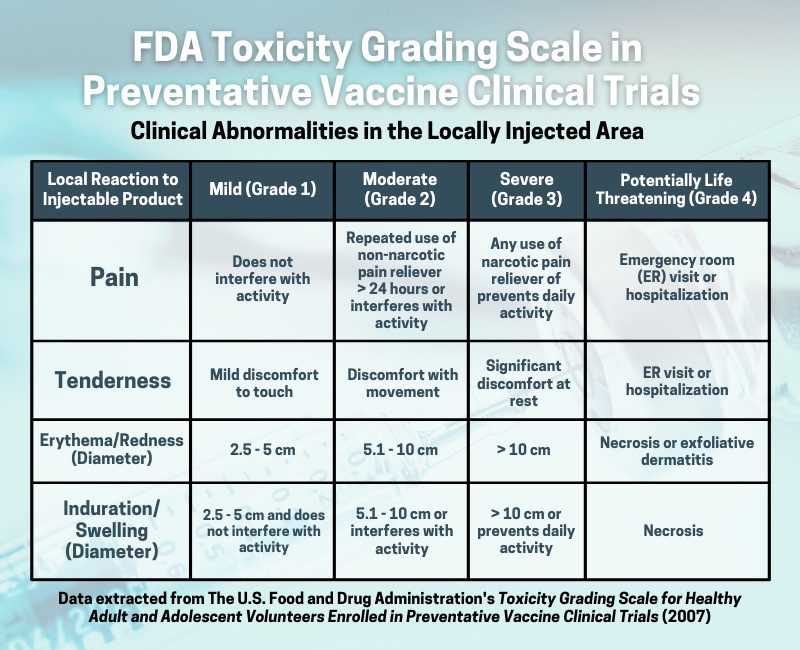
Vivid Dreams And Covid Arms The Weird Vaccine Side Effects You Re Experiencing Are Likely Harmless Healthy Debate

When You Don T Vaccinate Your Pet Port Kennedy Veterinary Hospital

Cat And Kitten Vaccinations F3 Vaccinations Ascot Veterinary Hospital

Vaccinations Beach Bay Vet Online Vet Consultations
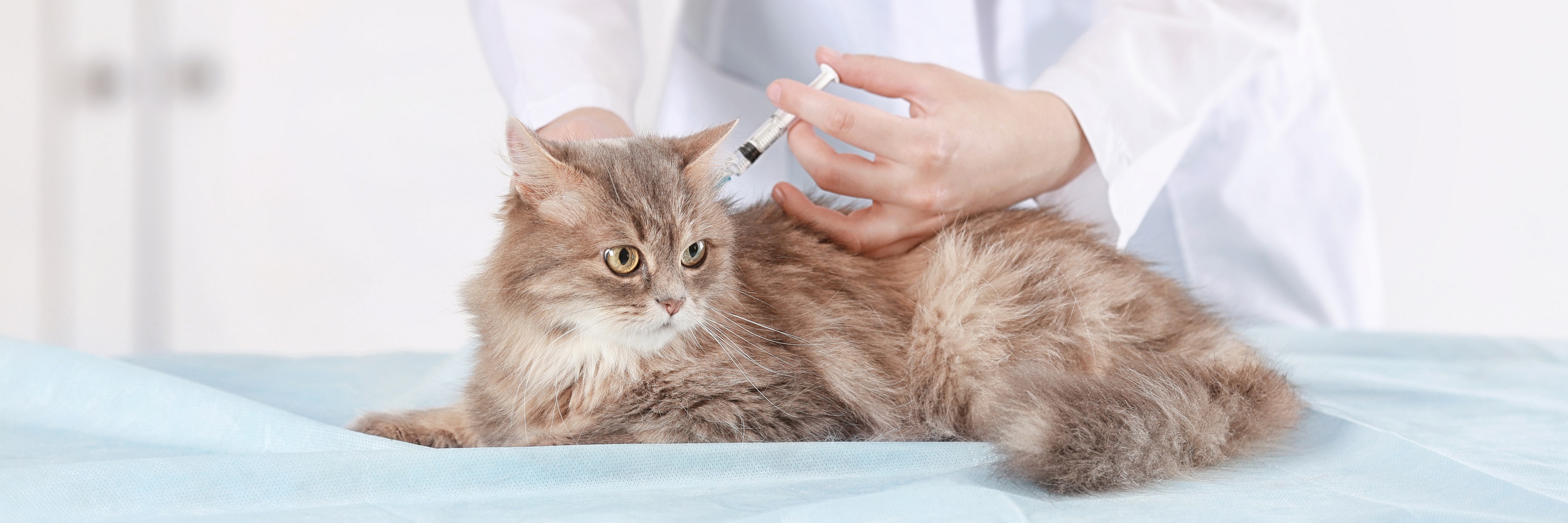
Kitten Vaccinations Greencross Vets
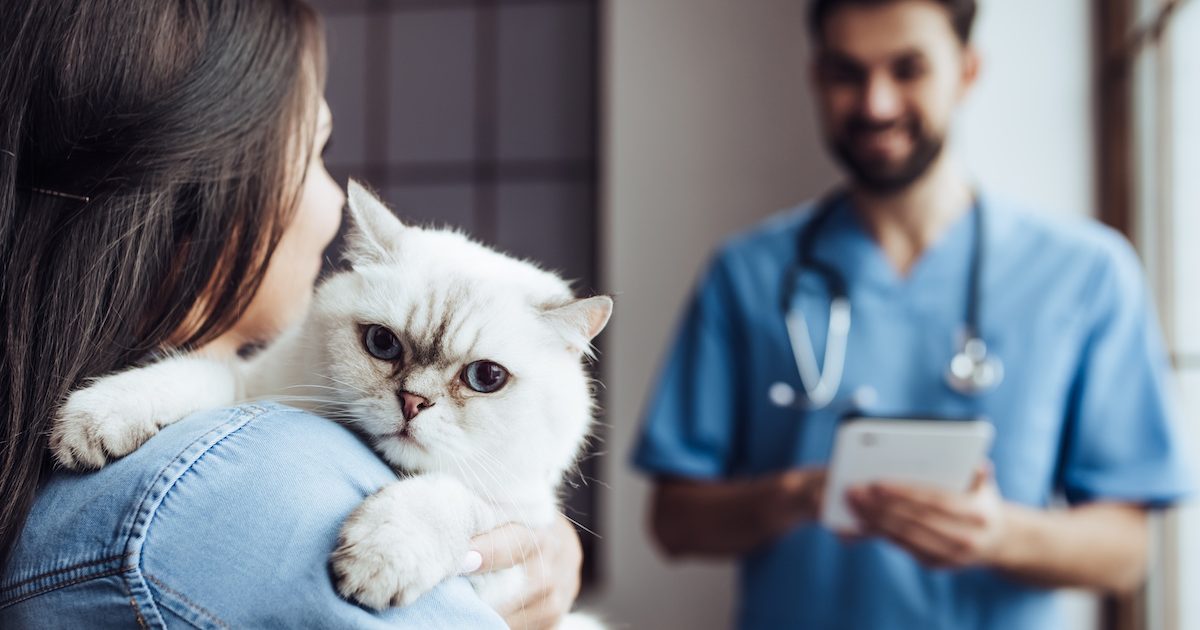
Is Cat Vaccination Really Necessary Knose Pet Care
A Simple Guide For Planning Your Pet S Vaccination Rspca Pet Insurance
